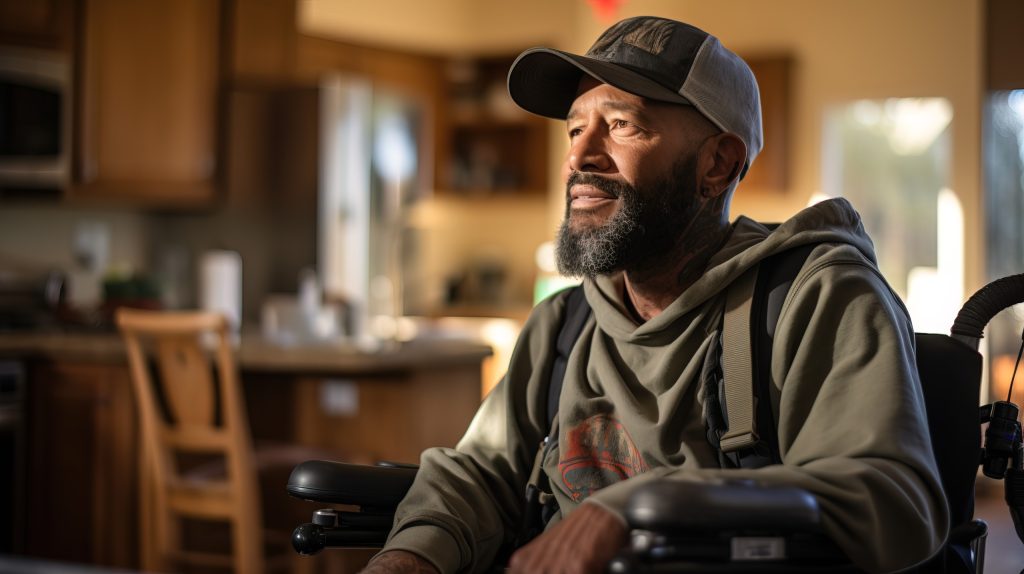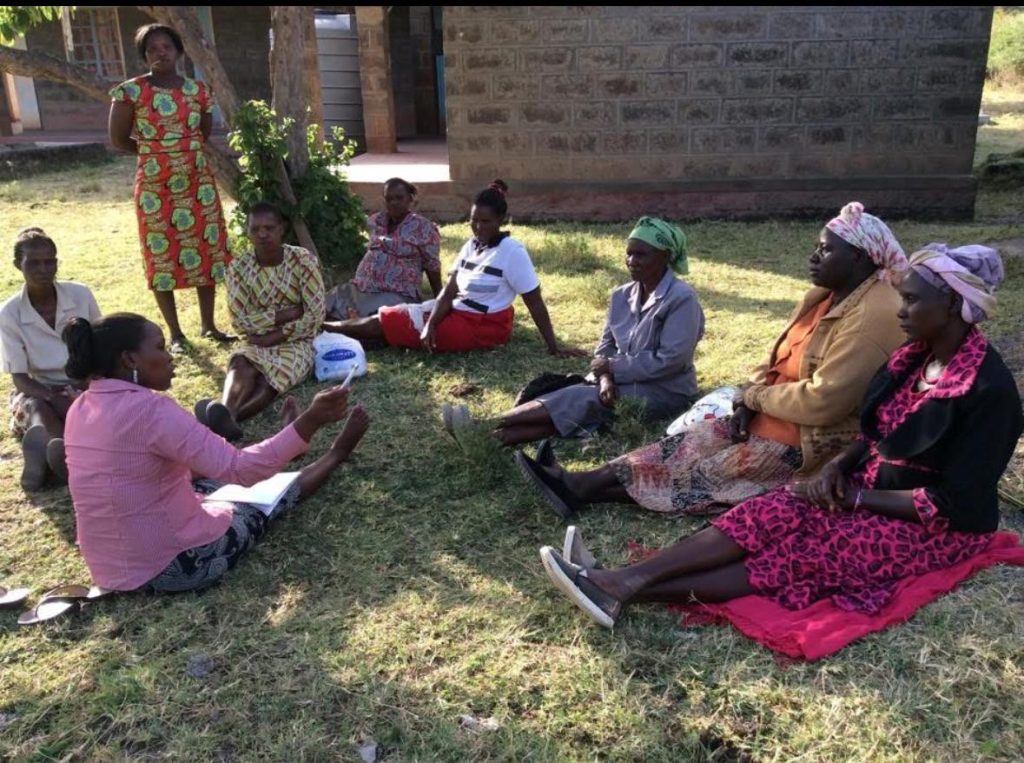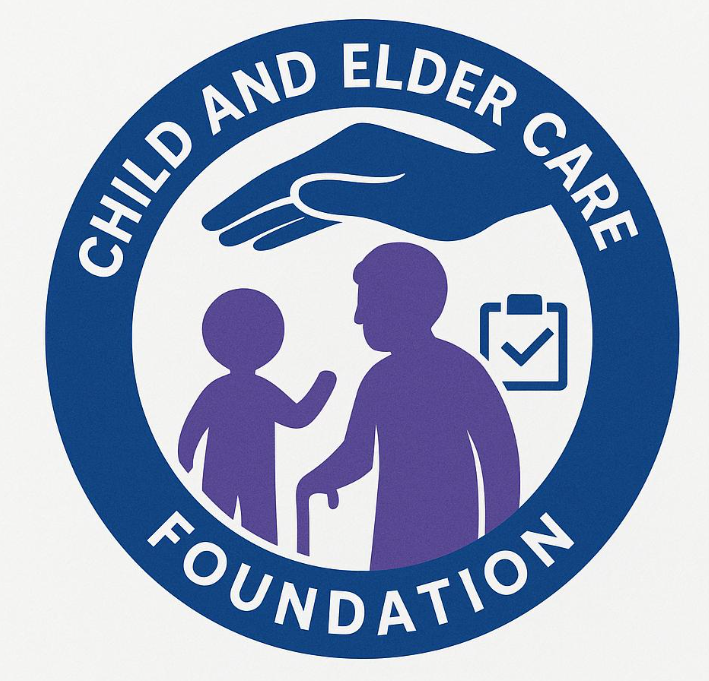
PEOPLE WITH DISABILITIES
Caregiving for persons with disabilities (PWDs) in Kenya is a crucial yet often under‑recognized support system, largely led by family members and community initiatives. Here’s a comprehensive overview:
1. Family as default caregivers
- Home-based care is the norm: 94% of caregivers are family members, often unpaid and unable to work due to caregiving duties often leads to abuse due to lack of oversight and financial enablement.
- This role brings emotional strain, financial hardship, and mental health risks including burnout and depression the worst case reported is when the patient is mentally unwell.
2. Recent legislative support/Government intervention
- The Persons with Disabilities Act 2025, signed May 9, 2025, now includes:
- Income‑tax exemptions for caregivers and employers Duty‑free imports of assistive devices and accessible transport modifications
- Legal framework to enforce accessible healthcare and anti‑discrimination.
- However, implementation at county and grassroots levels remains a work in progress, Child and Elder care Foundation has identified the gap and seeks to contribute to improving quality of life for vulnerable groups through collaboration with government and other actors to help restore dignity of beneficiaries.
3. Community groups
- Child and Elder care foundation is enabling caregivers and beneficiaries to engage government;
- Joining the developed system that shall help government to host all care givers and beneficiaries for policy regulation, enforcement of legal framework and financial intervention.
- Through enrolling for skills training, peer support, and financial intervention as caregivers gain social ties and economic empowerment.
- Research has indicated that it has improved caregiver wellbeing, reduced isolation, and greater capacity.
- Seek therapy, psychosocial care, and livelihood support.
4. providing caregivers with support
Best practices include:
1. Peer support — self‑help groups offer emotional support and shared strategies.
2. Training & education — skill building in hygiene, mobility support, and assistive devices
3. Respite care – Though not widespread, temporary relief (respite care) is a vital model to reduce burnout
- Financial relief — tax exemptions and import waivers aim to ease caregiver burdens
- Stigma remains deeply rooted: misconceptions that disability is a curse can lead to abandonment or institutionalization of disabled children
- Implementation hurdles: Government policies often fall short in reaching rural/urban grassroots caregivers .
- Limited financial access: National funds exist, but qualifying criteria and duplication limits uptake
- State policies, especially the 2025 Act, bring new relief—but require full roll‑out and awareness.
Call to action
- Scale community groups nationally.
- Expand respite care services to prevent burnout.
- Enforce laws locally, ensuring caregivers understand and benefit from tax breaks.
- Fight stigma via community campaigns .
- Subsidize assistive devices, hygiene aids, training materials, and accessible transport.
In summary
Kenyan caregiving for PWDs is a compassionate network largely runs by families, now supported by promising laws and community initiatives. To sustain this, ongoing investment in caregiver training, community support, meaningful implementation, and anti-stigma are vital.
Would you like contacts for local caregiver groups, or help connecting with NGO

